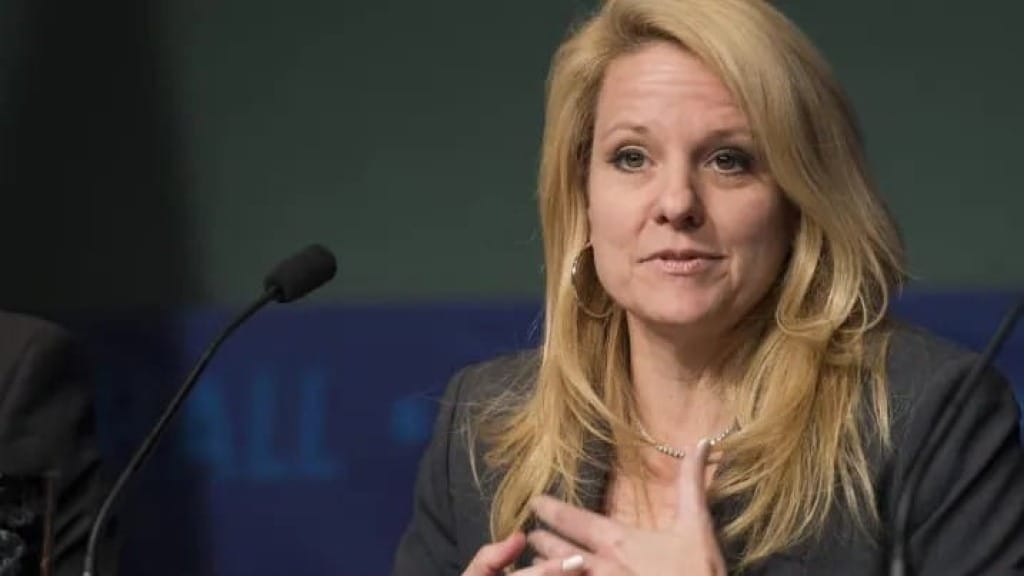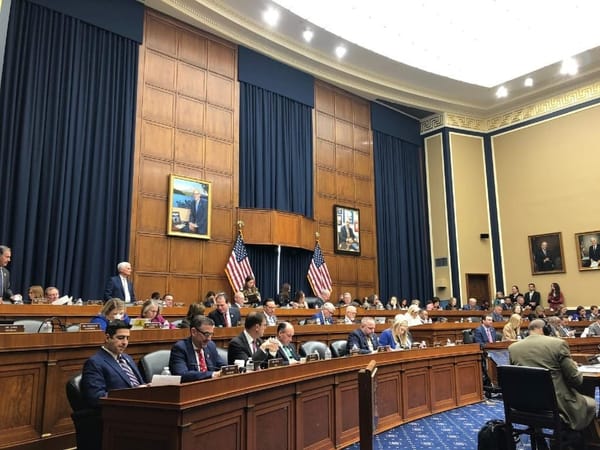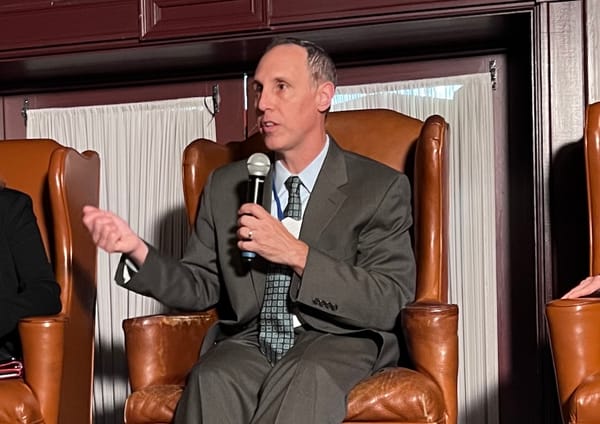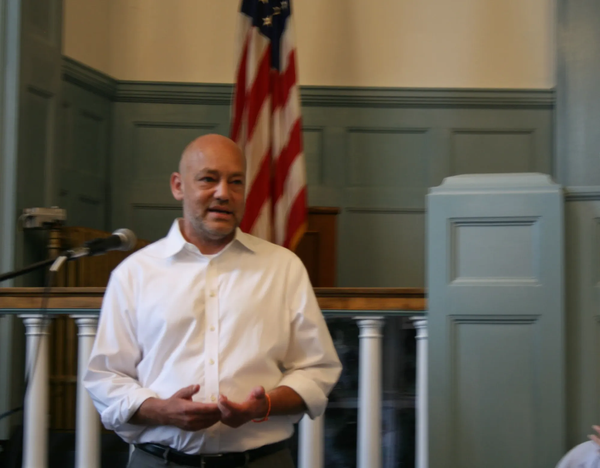SpaceX: FCC Should Revise Spectrum Sharing Between Satellite Types
Existing rules unnecessarily restrict the operation of non-geostationary satellite systems, company says.

Existing rules unnecessarily restrict the operation of non-geostationary satellite systems, company says.

WASHINGTON, August 13, 2024 – Satellite provider SpaceX on Friday filed a petition asking the Federal Communications Commission to revise rules to allow a more efficient use of shared spectrum resources among U.S.-licensed satellite systems.
The International Telecommunications Union, a United Nation specialized agency, has implemented regulations for spectrum sharing that, according to SpaceX, have imposed strict limits on the interference from non-geostationary systems into geostationary satellites.

What constitutes an 'invidious' DEI policy in regulators' eyes?

Democrats warn the law will fall flat without a functional FTC to enforce it.

Providers had asked for several changes, including to how the agency determined the presence of unsubsidized competitors.

Supporters argue the bill would preserve agency expertise in complex rulemaking